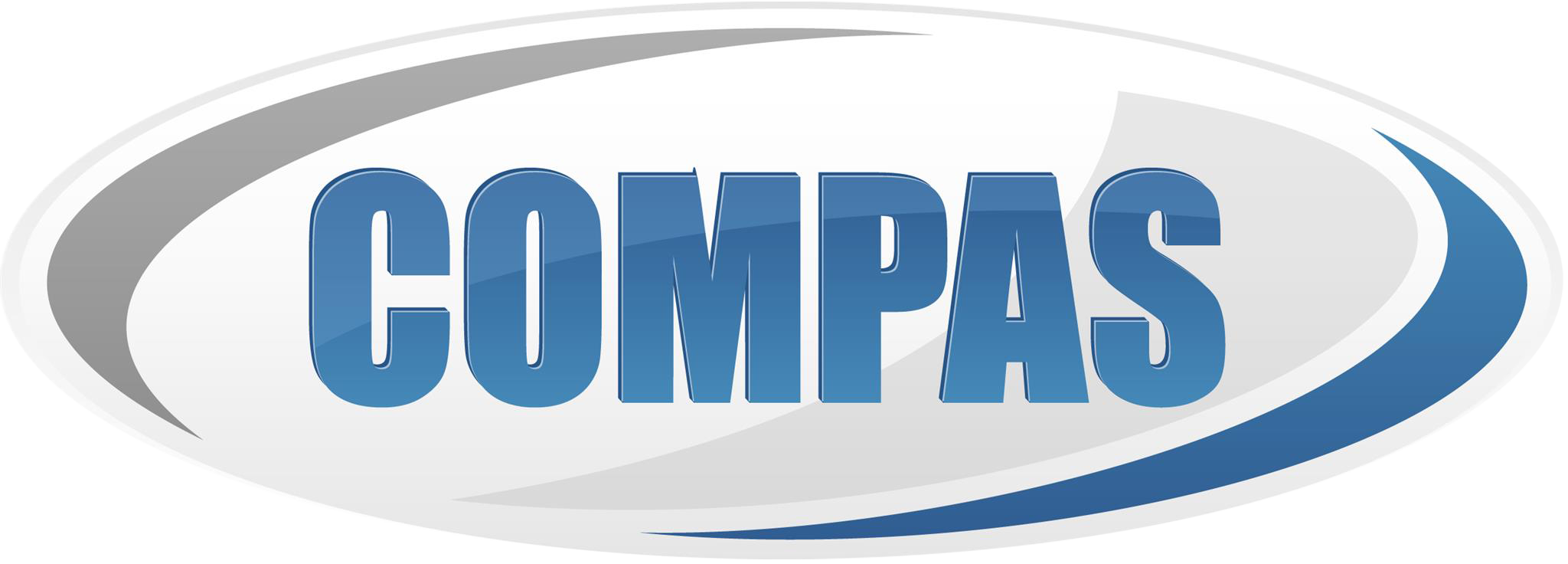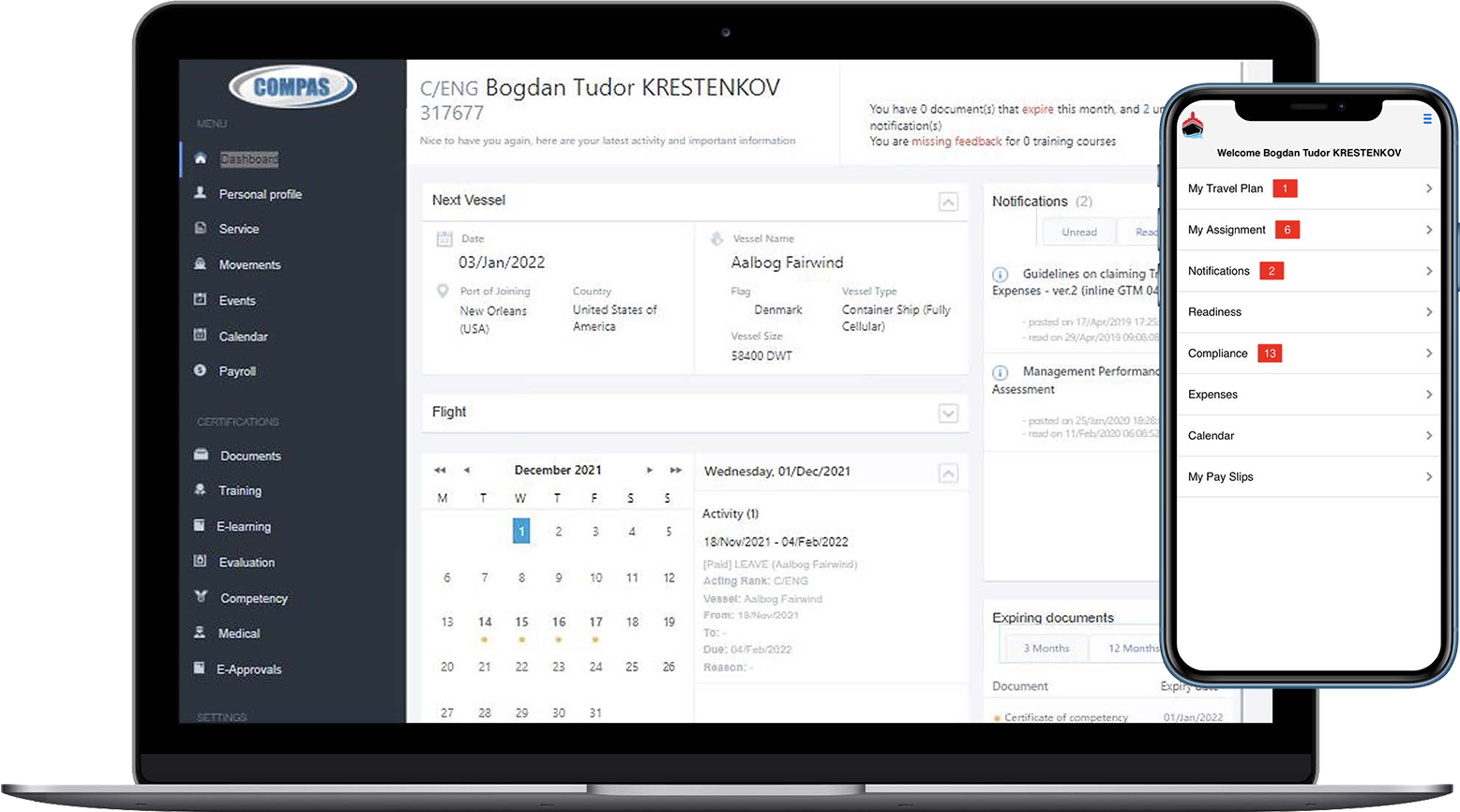Women in Maritime- Catherine Logie
On International Day of Women in Maritime, as an industry we recognise the work and contribution of women throughout shipping, looking back at how far we have come in terms of equal opportunities and ahead at where we are going.
Whilst this should absolutely be applauded, at Ocean Technologies Group we believe that achievements by women in maritime should be celebrated consistently.
Women are making strides in shipping and the last few years has seen a welcome shift in attitudes and policies. To mark the occasion, we are featuring the views of some international women in maritime, representing a range of backgrounds, nationalities, skills and expertise.
 In this article Catherine Logie, Direct to Consumer Services Director at OTG highlights some of the challenges and opportunities she has experienced while working in shipping and describes how she thinks the industry can progress more rapidly towards equality and diversity.
In this article Catherine Logie, Direct to Consumer Services Director at OTG highlights some of the challenges and opportunities she has experienced while working in shipping and describes how she thinks the industry can progress more rapidly towards equality and diversity.
Where my maritime career began
I discovered shipping by accident in 1997 and I have not had a conventional career pathway. I entered the industry as a learning content developer with transferable skills from a background in training, together with a passion to learn. I am lucky to have worked with hundreds of wonderful colleagues including 13 male line managers to date.
As a non-mariner, there was no structured career ladder, training programme or qualification to avail of and very few female role models – this made career progress unclear but I was not deterred. From the very start, what I saw in shipping is a wealth of opportunity, a committed community and a need for more diverse talent. Over many years, I became accustomed but did not relish being the only woman in the room at client meetings and attending international conferences where the speakers and audience were about 80% male.
The secret to the successful business that I have helped create is simple: dedication to the business and to clients together with close collaboration and teamwork, all skills which many women excel at.
I was one of the lucky ones. I try to give back by “holding the door open” for both men and women with talent to develop in maritime, where I can. There is a great amount of untapped talent that could benefit the maritime sector and still not enough visibility of careers in shipping, nor enough support and recognition of what women bring to the industry.
Careers in shipping
A career in shipping on shore opens up possibilities in varied roles: crewing, HSEQ, technical, financial, legal, project management, administration, business, IT, an entire supply chain (OEMs, diving companies, catering, insurance, procurement, travel, ports) – and more creative roles in training, marketing, learning & development, media and more. Opportunities are diverse and the demand for new skills is changing but the industry remains “hidden”: it’s frustrating that people from outside the industry have very little awareness of how their talents could be utilised.
Slow going
I am optimistic that this is changing for the better though the pace is too slow. Digitalisation increasingly connects us and helps remove some of the old barriers to careers: information and mentoring programmes are more widely available. Skills from outside shipping are increasingly required now creating opportunities for the type of thinking that women often bring such as creative problem-solving, holistic thinking and a values-driven approach. At the risk of stereotyping, there is some truth that women pay more attention to “people in maritime”. Consider companies that put crew, their families, clients and colleagues at the centre of their strategic planning and watch how they reap business rewards. They operate with a much deeper perspective on human performance than the prevailing industry view of “the human element”.
“The glass ceiling is still a reality.
My view is that until we consciously re-align management practices in shipping to the goals of equality and diversity, very little will change.
Why is this?”
The majority of women in shipping start in junior admin type positions, taking decades to work their way up to entry level management roles on their own merit – where they plateau. Clusters of women abound in finance, HR, crewing and training but very few in technical, CEO and senior positions. Adding in periods of maternity leave, low salaries and a predominantly male management tier, capable women are woefully under-represented in positions of power. The tradition of recruiting technical shore-based roles from seafaring positions where women represent just 2% of seafarers means we perpetuate the cycle of a male dominated industry.
Top tips for women in maritime
What are the solutions and how can we ensure women do not need 20 years to achieve a senior level? I have a personal list of best practice that I have seen working and I hope that more of this will follow:
– a change in the way that executive teams function, headed by women who create bespoke “leadership teams” of complementary skill sets, recognising the ROI that diversity brings
– structured coaching programmes for all genders pre-management level, giving equal opportunity and above all inspiring confidence, encouraging women to apply for the all-important first role at management level.
– “gender blind” recruitment panels, using women from specialist roles who can be “borrowed” to help companies hire on merit for senior positions.
– the language of job adverts analysed and rewritten to make jobs more appealing to women
– globally available resources for non-mariners to learn more about our industry and career pathways in maritime, beyond and including seafaring
– HR policies that give working parents more choices about childcare and support women returning after maternity leave
– more positive media representation of the shipping industry and the place of women within it
Finally, my wish is that the gallery of the Secretary Generals of the IMO will soon include a long line of women’s portraits – there is plenty of space to fill on that wall.

Crew management: On Shore. On board. In the cloud.
Maritime HR platform that meets the crew management needs of any ship manager, offshore oil, gas, and alternative energy operator.

